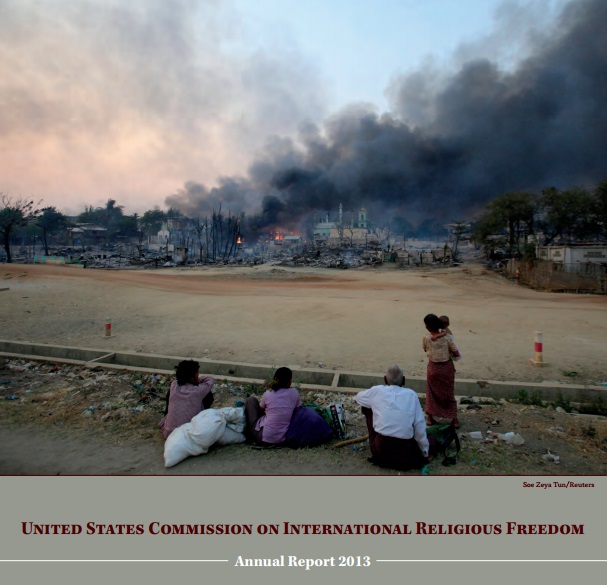Egypt capturing the Africa Cup of Nations was the definite high point of the 2006 calendar as we scan the year that was. The February win was sweet for these reasons: the tournament was staged in Egypt, nobody, especially Egyptians, thought Egypt would win it, and it gave Egypt a record five such titles.
Besides the victory, what sears in memory most was the sideline in-your-face shouting match between coach Hassan Shehata and Mido after the Tottenham forward was substituted, and a newly discovered brand of Egyptian fan which we described as the chic crowd of Cairo (albeit they came less to see the matches than to be seen).
At the international level, the biggest achievement was Amr Shabana becoming the world’s best squash player. In April, Shabana, a 26-year-old from Cairo with the sizzling left hand, became the first Egyptian to reach the pinnacle of the sport and the 10th player to top the world list since the inaugural rankings were produced more than 20 years ago.
Shabana’s exploits rubbed off copiously on his teammates. In the present world rankings, there are three Egyptians in the top 10, seven in the top 50 and 16 in the top 100. Egyptian women are not as good but not bad either. Omneya Abdel-Qawi is No. 10 in the world. She leads five more Egyptians, the last being in slot No. 92.
It was the final of the Egyptian Cup in June. Ahly had been cruising to a 3-0 win over their forever rivals Zamalek when in the second half came pandemonium in the VIP tribune. Zamalek’s club president Mortada Mansour, incensed by the incessant jeers and heckles by Ahly fans directed at his person, let go with his own unprintables. The verbal volley in seconds had turned into a shoving match followed by a hail of fists. Caught in the middle was President Hosni Mubarak’s personal representative sent to the game. The envoy became engulfed in the brouhaha but was quickly bundled out of the action.
At one point Mansour took off one of his shoes and waved it at the Ahly crowd. For those who don’t know, in the Arab world the taking off of a shoe to be used as a weapon is one of the worst insults you can pay your enemy.
For his misdemeanors, Mansour was ousted from Zamalek’s presidency but has since gone to court to try to reverse the decision. A ruling is expected in late January.
In August, tragedy struck. Thirty-five minutes into a Friday morning practice, Ahly left fullback Mohamed Abdel-Wahab fell to the grass and was stilled forever following a sudden heart attack.
Abdel-Wahab’s death shocked the nation. He was only 23, seemingly healthy and at such a tender age, was playing for Africa’s best football club and had helped Egypt win the Africa Cup of Nations just six months earlier. What pained was not just Abdel-Wahab’s death but the belief that it might have been prevented. His demise provoked a media inquisition as to who was to blame. Was it overexertion during training; football seasons getting too long; summer breaks becoming too short; the pressure of expectation by media, fans, coaches and fellow players? Was Abdel-Wahab another victim in the battle for results, trophies and money?
Whatever were the circumstances, Abdel-Wahab’s death was a sad reminder that people, even those who seem perfectly fit, do die. As such, Ahly and Ismaili announced that pre-season medical check-ups for their players would be mandatory.
Towards the year’s end, Abdel-Wahab’s death seemed to act as the catalyst behind Ahly capturing their fifth African Champions League and finishing a surprising third in the World Club Championship in Japan. Sadly, Abdel-Wahab was not around for the year-end celebrations.


